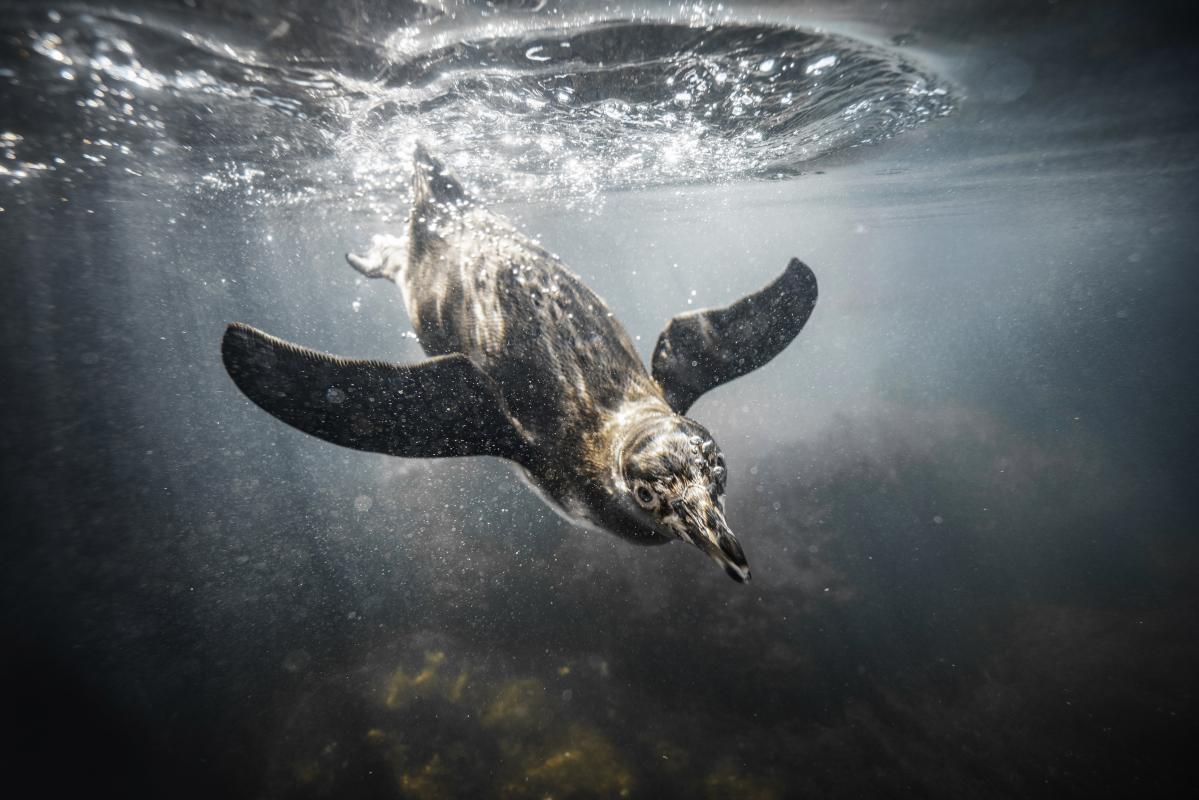In a project co-ordinated by the German Oceanographic Museum Stralsund, the hearing of penguins is assessed in order to evaluate possible effects of noise caused by human activity in Antarctica. Hearing experiments are therefore carried out at the Deutsches Meeresmuseum, at the Syddansk Universitet and at Universität Rostock. The Museum für Naturkunde is involved in data management, establishing a database of audiophysiological data, providing environmental education and producing multimedia material to support the project.
Public database and data management
Within the project, a bioacoustic database, including data on hearing and sounds uttered by animals in Antarctica and background noise, will be established. With the help of data-mining and information retrieved from the project, we will be able to develop a model of how animals perceive sound and what negative effect anthropogenic noise sources will have. The results will be optically and acoustically enhanced and made accessible through a web-based information service.
Environmental education and multimedia support of the project
In the course of this project, a wide audience will be made aware of sound pollution in the Antarctic region, in particular under water. Modern imaging techniques will be used to visualise the hearing and hearing organs of penguins. In collaboration with the German Environment Agency, both museums will hold public events on the topic.
Partners
- German Oceanographic Museum Stralsund
- Syddansk Universitet (Denmark)
- University Rostock
Duration
Until 30 April 2021
Funding
The research project "Hearing in Penguins" is funded by the German Environment Agency with funds from the Federal Ministry for the Environment, Nature Conservation and Nuclear Safety (BMU).
